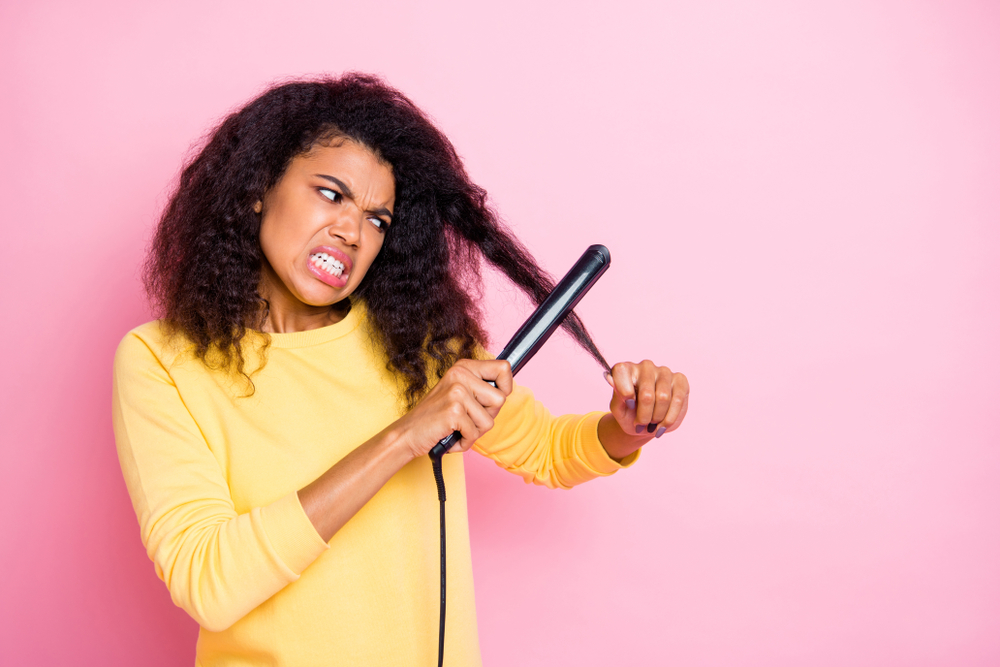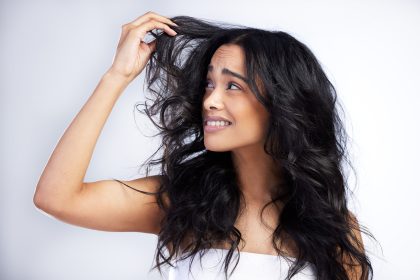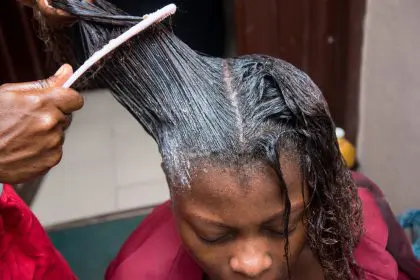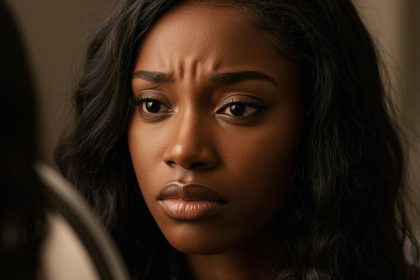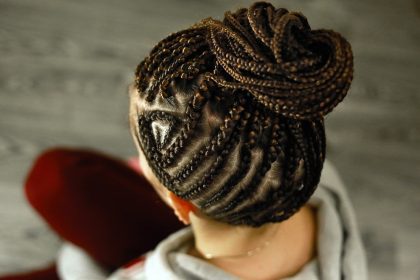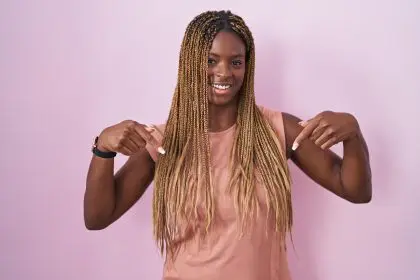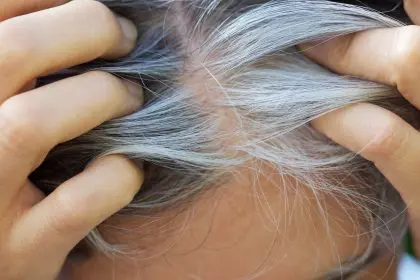In the realm of beauty concerns, few issues strike as much dread as hair loss. For many women, a full, lustrous mane is not just a symbol of vitality but a cornerstone of self-expression. Yet, the path to maintaining healthy locks is fraught with unseen pitfalls, many of which lurk in our daily routines.
From the searing heat of styling tools to the seemingly innocuous ponytail, a myriad of common practices can conspire against the health of our hair. This article delves into seven often-overlooked habits that may be causing your hair to thin or fall out, offering insights on how to preserve your crowning glory.
The scorching truth about heat styling
The allure of perfectly coiffed curls or pin-straight tresses often comes at a steep price. Regular use of high-heat styling tools can wreak havoc on hair health, weakening the protein structure of each strand and leaving it vulnerable to breakage.
Many women underestimate the cumulative damage caused by daily heat styling. Each pass of a flat iron or curling wand can incrementally compromise hair integrity.
To mitigate this damage, experts recommend:
- Using heat protectant products before styling
- Opting for lower temperature settings
- Limiting heat styling to special occasions
The tight squeeze: Hairstyles that pull and damage
While sleek updos and intricate braids may be on-trend, they could be pulling your hair in more ways than one. Tight hairstyles create constant tension on the hair follicles, potentially leading to a condition known as traction alopecia.
Hair extensions: A weighty issue Similarly, the allure of long, voluminous locks through extensions can come with hidden costs. The added weight and stress on natural hair can lead to thinning and even bald spots over time.
To preserve hair health, consider:
- Opting for looser styles that don’t pull on the scalp
- Taking breaks between tight hairstyles or extension use
- Choosing lightweight, high-quality extension options when necessary
Chemical warfare on your scalp
The pursuit of the perfect color or texture often leads women down a path paved with harsh chemicals. From bleaching agents to relaxers, these treatments can strip hair of its natural oils and weaken its structure.
Chemical processes fundamentally alter hair composition. Repeated exposure can lead to brittleness, breakage, and in severe cases, chemical burns on the scalp.
To minimize damage:
- Space out chemical treatments
- Consider less aggressive, semi-permanent alternatives
- Always have treatments done by professionals
Nourishing your locks from the inside out
The old adage “you are what you eat” rings especially true when it comes to hair health. Crash diets and nutritional deficiencies can have a dramatic impact on hair growth and retention.
The crash diet conundrum Rapid weight loss can shock the system, pushing more hair follicles into the resting phase and leading to increased shedding. Ensuring a balanced diet rich in proteins, iron, and vitamins is crucial for maintaining healthy hair.
Key nutrients for hair health include:
- Iron and zinc for follicle health
- Biotin for keratin production
- Omega-3 fatty acids for scalp health
Stress: The silent hair thief
In today’s fast-paced world, stress has become an unwelcome constant for many. What’s less known is its potential impact on hair health. Chronic stress can trigger a condition called telogen effluvium, where hair prematurely enters the resting phase of its growth cycle.
Stress-related hair loss is often temporary, but it can be distressing. Managing stress through mindfulness, exercise, and proper sleep can have positive effects on overall health, including hair retention.
The perils of neglect
In the hustle of daily life, proper hair care often falls by the wayside. Skipping regular trims, forgoing deep conditioning treatments, and failing to protect hair from environmental stressors can all contribute to hair damage and loss over time.
Establishing a consistent hair care routine that includes:
- Regular trims to prevent split ends
- Deep conditioning treatments for hydration
- Protection from UV rays and pollution
can go a long way in maintaining hair health.
When hair loss signals something more
While many causes of hair loss are external, sometimes the root of the problem lies deeper. Conditions such as thyroid disorders, polycystic ovary syndrome (PCOS), and hormonal imbalances can manifest as hair thinning or loss.
Unexplained hair loss should always be evaluated by a healthcare professional. It can be an early indicator of underlying health issues that require attention.
A proactive approach to hair health
In conclusion, while the journey to maintaining healthy hair may seem daunting, awareness is the first step toward prevention. By recognizing and addressing these common pitfalls, women can take proactive steps to preserve their locks. Remember, when it comes to hair health, an ounce of prevention is truly worth a pound of cure.
This story was created using AI technology.

